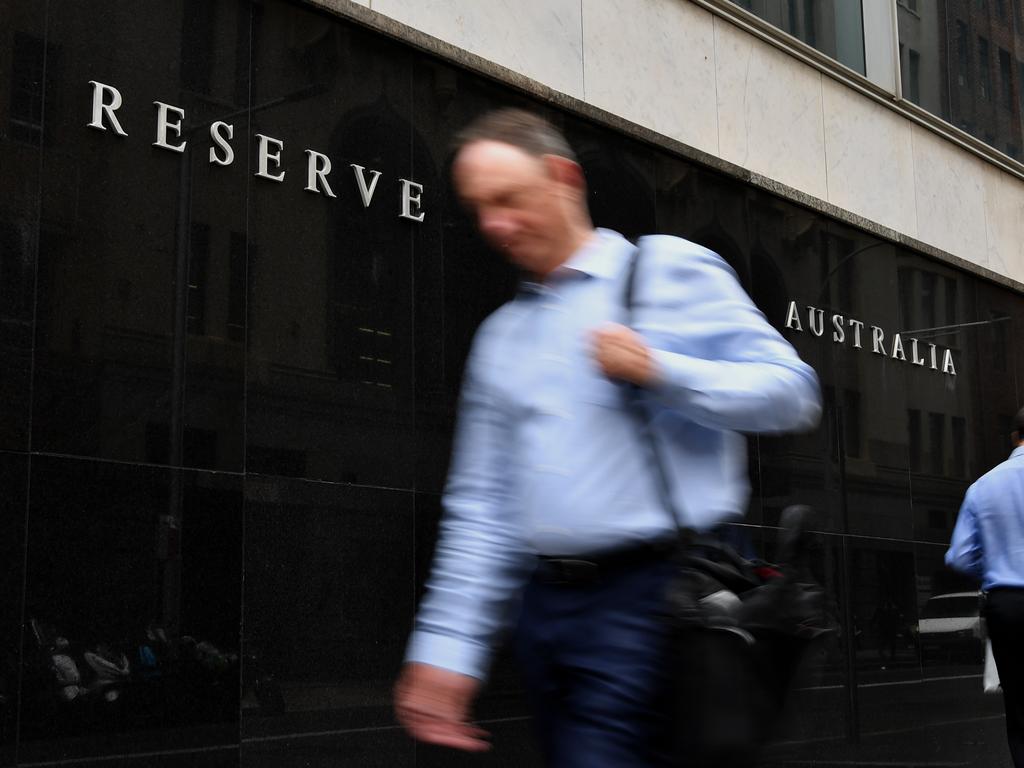The surprise factor in Australia’s fall in unemployment


On the surface this looks a most improbable outcome, because prior to the pandemic Australian unemployment was around the six to seven per cent mark.
What has transformed the unemployment outlook?
I will go through some of the obvious forces that are generating higher employment and then unveil a complete surprise --- the fall in overseas students has emerged as a big factor in reducing unemployment.
And once we understand why a reduction in overseas students creates employment there are some adjustments we can make to the rules for these students when they return in a year or two.
The obvious employment generators are the building industry boom and the economic activity being generated by the surplus of cash in the community. In previous years Australians spent vast sums on overseas travel and much of that is now being directed to local tourism, boosting regional employment. For example, if you want to go to North Queensland next month or in July you will be hard pressed to find accommodation. And you need to make sure your meals are booked because spaces fill rapidly.
North Queensland tourist activity is now at an unprecedented level. It seems to have attracted a large number of Australians who otherwise would have gone to Bali. The momentum is spreading to many other regional tourist areas. All this generates employment and reduces unemployment.
The building / appliance-related retail boom has also been a big contributor but the sleeper is overseas students. At the peak Australia had more than 700,000 overseas students. Around half were tertiary students who were allowed to work 20 hours a week during “school” months. There was more working freedom outside “school” hours. Many students came from middle class families and needed to earn income to sustain a reasonable living while studying in Australia.
They were usually paid for their 20 hours of work at standard award rates but then many added additional work via the cash economy at cheap labour rates. A large number of cafes, restaurants and other businesses took advantage of the ability to hire plentiful low-cost labour.
Now many capital and regional city hotels, restaurants, cafes etc are struggling to find labour because the overseas student supply has substantially reduced the pool. They either shut their doors or are finding labour among the young Australians (and sometimes older people) who now find they can gain or regain a foothold on the job market. Of course many of those venues that also relied on overseas students for patronage are struggling on the revenue front.
Those venues that used low cost overseas student labour and are surviving must pay the standard award rate on local labour.
There is anecdotal evidence that in many areas the young Australians who are emerging in these cafes and restaurants are very grateful for being able to leave long-term unemployment.
Some find it hard to adjust to the lifestyle change. Overall this is wonderful news for the people involved, plus for the society and the economy.

In 2022 and 2023 we will need to re-attract overseas students, almost certainly from countries other than China and they will again require work. We need to set a working package that provides work at award rates and eliminates cheap labour. Perhaps we can provide longer residency in exchange for not working in the cash economy.
I emphasise these are merely ideas but we do need to set better rules. Meanwhile a number of venues have adapted to the situation by edging up their prices to cover the higher cost of labour.
Those that have not been able to do this are struggling to make ends meet.
The simple fact is that the cost of employing locals will mean slightly higher prices for food and beverages in those areas where overseas students were previously an important part of the workforce.
This change is also a further reduction in the cash economy, which once dominated restaurants and hotels. The need to pay award wages, thanks to the work of Fair Work Australia, and the greater use of credit cards, have substantially reduced the cash economy. With overseas students now at much lower levels the remaining cash economy strongholds involve trade work in the home, led by gardening and drug trafficking.
With a much larger percentage of money going through the official systems, taxation revenues including GST have benefited greatly.
A further reduction in the cash economy becomes one of the side benefits of the pandemic.
There were a great many terrible things that happened during the pandemic but, apart from the cash economy reduction, out of the tragedies have came other good developments, including history-making decentralisation, greater working flexibility and the ability to have zoom meetings, telemedicine, etc.
But if we attract a lot more young people into the workforce it will be the greatest benefit of all.





The national suffering that took place during the pandemic created some surprise benefits for the nation. And none is more surprising than the projected fall in unemployment to around 4.5 per cent.